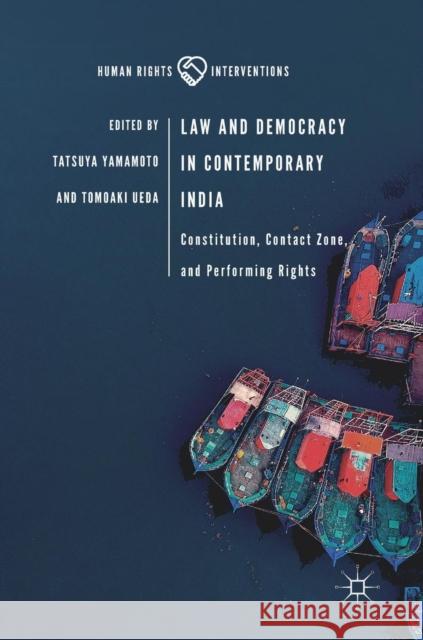Law and Democracy in Contemporary India: Constitution, Contact Zone, and Performing Rights » książka
topmenu
Law and Democracy in Contemporary India: Constitution, Contact Zone, and Performing Rights
ISBN-13: 9783319958361 / Angielski / Twarda / 2018 / 222 str.
Kategorie:
Kategorie BISAC:
Wydawca:
Palgrave MacMillan
Seria wydawnicza:
Język:
Angielski
ISBN-13:
9783319958361
Rok wydania:
2018
Wydanie:
2019
Ilość stron:
222
Waga:
0.53 kg
Wymiary:
21.01 x 14.81 x 2.06
Oprawa:
Twarda
Wolumenów:
01
Dodatkowe informacje:
Wydanie ilustrowane











